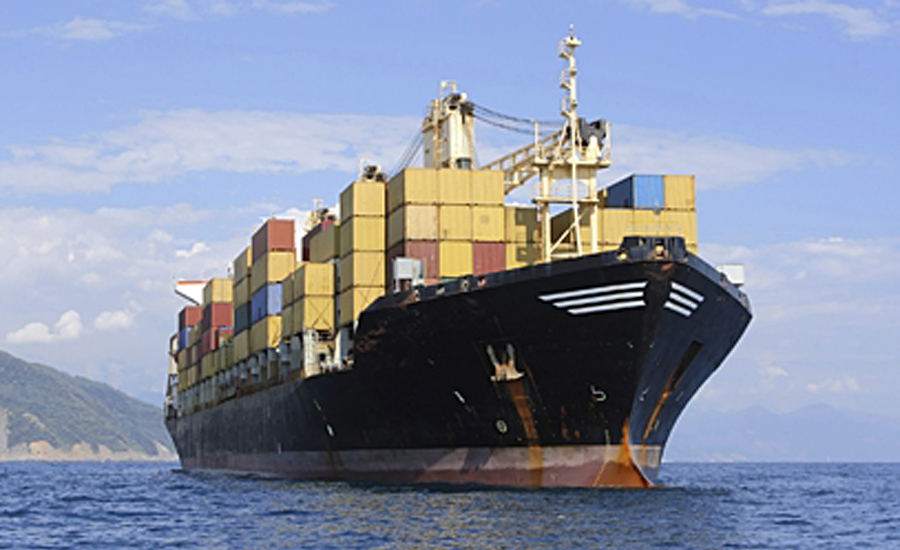U.S. seaports have contributed greatly to the nation’s economy in the past five years, according to an economic impact study released by Martin Associates, Lancaster, Pa.
The “2018 National Economic Impact of the U.S. Coastal Port System” report reveals that between 2014-2018, the total number of jobs supported by cargo moving through the United States’ deep-draft ports increased by more than one-third, from 23.1 million jobs to 30.8 million. Also, the total economic value that U.S. coastal ports provide in terms of revenue to businesses, personal income and economic output by exporters and importers rose 17%, from $4.6 trillion to $5.4 trillion. This accounted for nearly 26% of the nation’s $20.5 trillion economy in 2018, which is the same 26% ratio as five years ago when the total U.S. GDP was $17.4 trillion. This is an indicator that the value of cargo activities at U.S. ports remains a key factor in America’s economic vitality.
Other notable gains since 2014 include:
- Federal, state and local tax revenues generated by port-sector and importer/exporter revenues rose nearly 18%, from $321.1 billion to $378.1 billion.
- Personal wages and local consumption related to the port-sector increased by more than a quarter, from $1.1 trillion to $1.4 trillion.
- The average annual salary of those directly employed by port-related businesses rose from $53,723 to $62,800, a 17% increase.
“The sizable growth over the past five years in the number of jobs that American deep-draft ports support, the wages those jobs pay and the tax revenues that are collected from the cargo activities at these ports is really quite impressive. It’s a testament to overall economic importance of our nation’s seaports,” says Dr. John Martin, president and founder. “The growth in jobs and economic value of America’s ports reflects their handling an additional 165 million tons of international cargo since 2014. It also underscores the importance of both the public and private sectors continuing to invest in port and intermodal infrastructure to support and foster good jobs, national security, international trade and the United States’ unparalleled standard of living.”
With the economic contributions of America’s seaports growing rapidly, there’s a significant and urgent need for more federal investment in enhancing the connections with those ports, says Kurt Nagle, president and CEO of American Association of Port Authorities (AAPA), Alexandria, Va.
“On both the land-side and water-side, AAPA’s U.S. member ports have identified a combined $66 billion in needed investments over the next decade. These necessary federal channel, terminal, road, rail, bridge and tunnel improvements are crucial to enable our seaports to efficiently handle their expected cargo volumes, continue providing dramatic economic and jobs impacts and enhance America’s international competitiveness,” adds Nagle.



